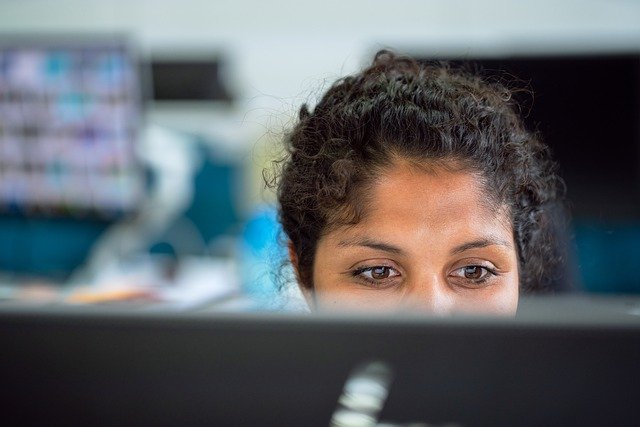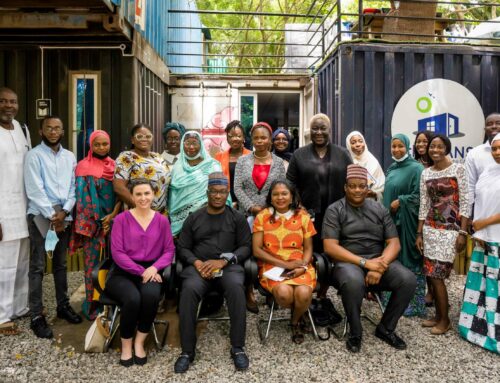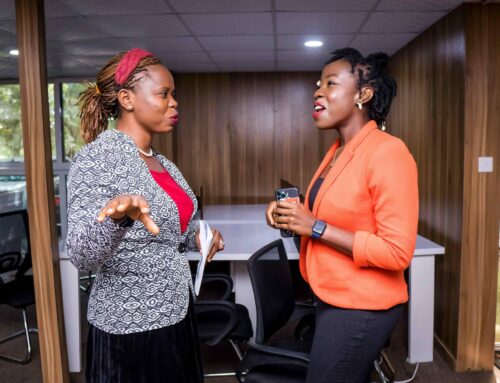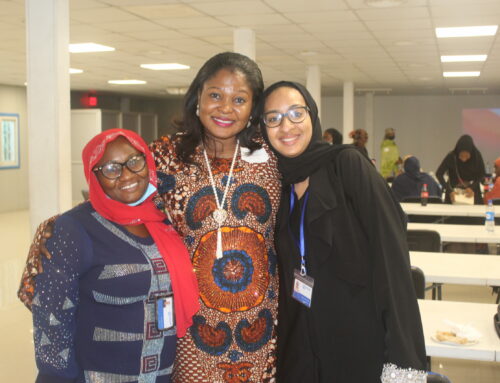In Nigeria, there is increased opportunity for female entrepreneurs, but also a greater number of challenges. By one estimate, 40 percent of the nation’s female population — which through the end of October 2021 numbered over 105 million, and accounted for nearly half the country’s population as a whole — are entrepreneurs, though it is important to draw a distinction between high- and low-value entrepreneurship, and that which is necessity-driven and opportunity-driven.
Research has shown that while Nigeria’s men are often engaged in high-value entrepreneurship (i.e., that which is more lucrative and innovative), women are not. And while men are engaged in opportunity-driven entrepreneurship, women are pursuing it out of necessity — that too often they are left peddling their wares on street corners and the like.
Female entrepreneurship, like Nigerian entrepreneurship as a whole, is nonetheless seen as a “gateway to sustainable wealth,†as noted in one study, as well as a manner in which women in particular can achieve a sense of purpose beyond the home. Moreover, it has often been concluded that female entrepreneurship is crucial for nations’ economic development — that it leads not only to wealth creation but the introduction of new ideas.
Certainly female entrepreneurship is on the rise around the globe. Note that in the U.S., for instance, there are 13 million female-owned businesses. They account for 42 percent of all companies and generate a staggering $1.8 trillion a year. The entrepreneurship gap in the U.S. — i.e., the difference between males and females going that route — is nonetheless 24 percent, the largest in the world. In Nigeria, it is just one percent, the smallest difference.
Clearly, then, the nation’s business and investment potential is vast. At the same time, the first study mentioned above concluded:
Women-owned businesses are not as economically developed as their men counterparts in Nigeria. This is a result of institutional barriers placed on women, which do not allow them to participate fully in economic empowerment programs.
Another study noted that it comes down to three factors — money, market and management. That is, female entrepreneurs need greater access to capital, greater savvy on the part of their customer base and more available education and training.Â
Certainly all those matters can be addressed courtesy of eha Impact Ventures, the company I co-founded in January 2021 with the specific goal of supporting female-owned small and medium-sized enterprises.
Specific to finance, there are such organizations as Youth Enterprise with Innovation in Nigeria (YOUWIN), Cocacola Women Entrepreneurs, the Tony Elumelu Foundation, Shell Live Wire, United States African Development Foundation (USADF), African Development Bank, USAID, Business Development Fund for Women (BUDFOW) and Etisalat.
Not to be forgotten, either, is the need for inspiration. No fewer than 91 percent of the Nigerian female entrepreneurs responding to one survey believe it’s crucial to have role models, and they are in fact out there. Consider Tara-Fela Durotoye and Adenike Ogunlesi, who have succeeded in the realms of beauty/makeup and children’s apparel, respectively. Consider Obabemi Olayebi and Affiong Williams, who were recognized by MIT for making their respective fortunes in handbags and dried-fruit processing.
Suffice it to say, then, that while obstacles remain for Nigerian female entrepreneurs, their potential is great. Support is needed, but more and more support is available. It is a matter of unearthing it, and finding the proper guidance and direction.





Leave A Comment